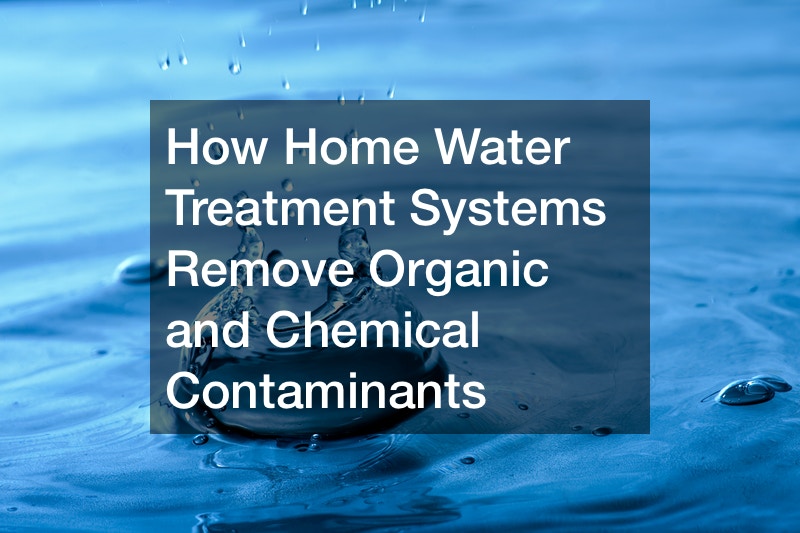How Home Water Treatment Systems Remove Organic and Chemical Contaminants


Do you have questions about water reclamation, water conservation, and wastewater treatment and services? Are you curious about the process involved with complete water treatment services and the impact it has on water usage and conservation in your area? If so, you can talk to your local water recycling company or talk to your local city officials. There you can find out more about the process involved and where to find filtered water company services that meet your specific need.
These pros can answer all of your questions about reclaiming water, how to stop water pollution, and what you can do to save water every day. They can also explain the process of how a water filtration system works and more. You can also learn how do they purify water so it is safe for reuse in places like golf courses and other areas that use a large amount of water on a daily basis.
Check out your local water reclamation company today and see what impact they are having on your local area and what you can do to help protect one of the most precious resources we have- safe and freshwater.
Most people know that water is essential for life. However, water that carries impurities or large concentrations of minerals may be unfit to drink. Water filtration and treatment systems for homes, small to medium businesses, and public buildings can remove a range of organic and chemical contaminants. These systems must be properly matched to the specific problem in the water supply, such as water hardness, chemical or virus removal, UV treatment, and well water quality.
The importance of clean drinking water
Water is essential for life and for all our bodily processes. It makes up about two-thirds of the human body, and researchers have found that it can help to prevent disease as well. Staying hydrated can reduce the risk of colon cancer by half, and of prostate cancer by 45%. It may even help reduce the risk of breast cancer.
And conversely, becoming dehydrated can lead to severe problems such as headaches and loss of energy and mental clarity. Losing just 9 to 12% of the body’s weight in water can even be fatal. Even though most people are aware of the importance of staying hydrated, in practice they don’t get as much water as they need. It is estimated that about three-fourths of all north Americans are chronically dehydrated, in what has been called a hidden epidemic.
Why drinking water needs treatment
While staying hydrated is necessary, drinking water that contains organic or chemical impurities carries its own risks. Many people in the U.S., in rural and seaside areas, have to rely on well water for their primary source of water supply. This water has not been treated to make it fit to drink, and must be tested and possibly treated before being used for household consumption. Even when the water supply comes from municipal sources and has been treated to make it safe for domestic consumption, it may carry impurities.
One such problem is hardness, which is caused by the presence of minerals. Hard water affects the functioning of appliances such as water heaters, making them less efficient and more costly to run. Ir has been estimated that gas water heaters that use 100 gallons of hot water a day see an 8% loss in efficiency with every 5 grains per gallon of hardness. This results in an 8% increase in cost. Using a water softener system can help to mitigate this problem.
Choosing the right water systems

When installing whole home water filtration systems, it is important to choose the right treatment for the specific problem. Water treatment systems can carry out such tasks as chlorine removal, filtration, softening hard water etc. In general, water contaminants fall into two categories, organic and chemical.
Organic contaminants include various types of bacteria, while chemical contaminants include minerals. Many water treatment systems are suitable for multi-contaminant removal use.
While drinking water is essential for life, impurities and contaminants in water can be dangerous. Some impurities can cause hardness in water, which affects the efficient functioning of appliances like water heaters. Whole home water filtration and treatment systems can be used to remove a variety of organic and chemical contaminants in the water supply, making it safe to drink.